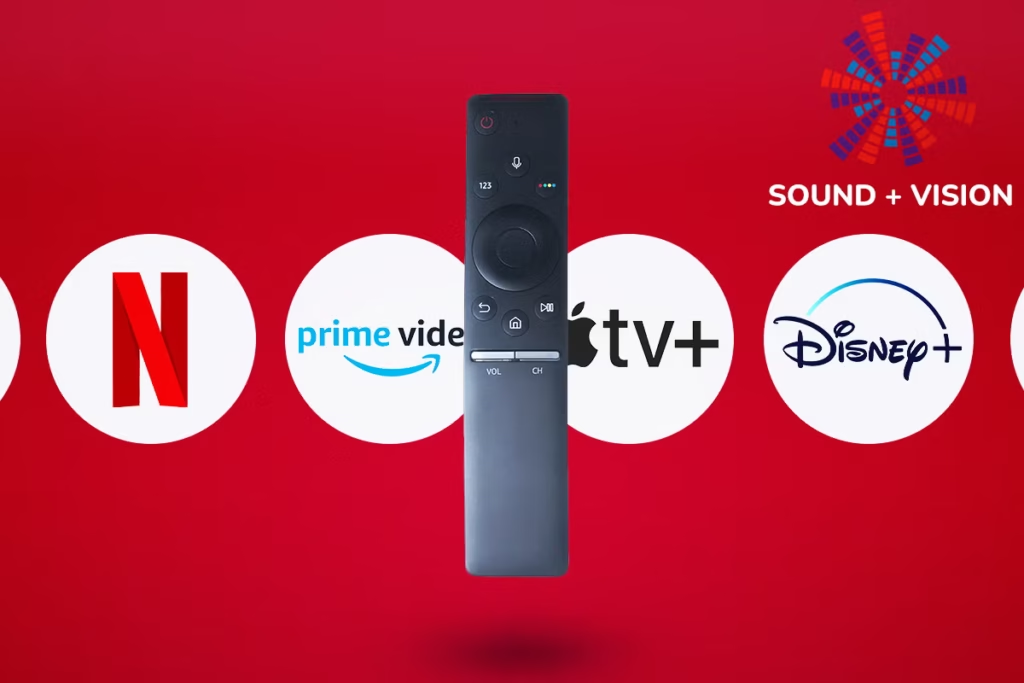
Do you remember when we had to wait a whole week for the next episode?🤔
And how we used to run from school just to catch a movie on time, because if you missed a part, it was gone. There was no going back to it.
Now, we binge-watch our favourite shows, often so continuously that streaming platforms have to ask, ‘Are you still watching?’”
These platforms have changed how we watch and enjoy our shows. And it’s not just about entertainment, just tap away, it is more than that.
But do you know the reason behind this change? And why do we like it so much now?
Let’s understand: What is binge-watching?
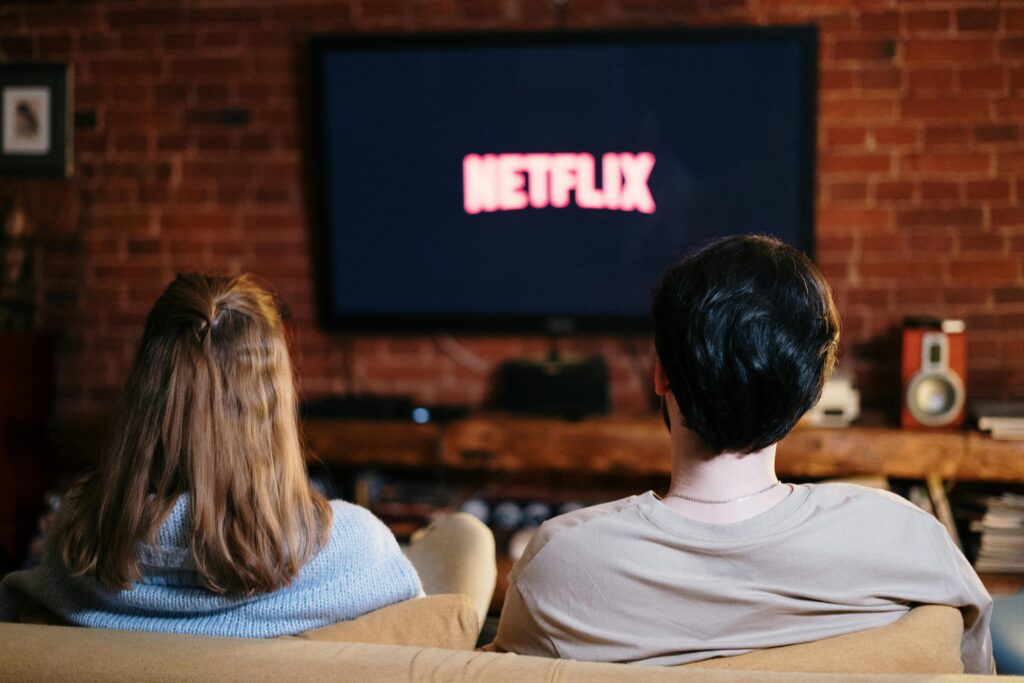
First of all, we all want to know what exactly binge-watching is and how it has become a culture.
The activity of watching TV for an extended period, e.g., several episodes of a series in one sitting. Behind this is a smart algorithm that suggests shows based on what you like, making you excited to keep watching one season after another.
Is binge-watching bad for us?
Yes, continuously watching one thing for a long time can harm your health, and for some people, it even causes health problems.
- The Psychology Behind Binge-watching
Binge-watching is now super common, but have you ever wondered why it feels so addictive?
When you watch exciting shows like Suits or Game of Thrones, your brain releases dopamine, the chemical that makes you feel happy and excited. The suspense pulls you in, and your brain starts craving more.
That’s why so many people can’t stop and end up watching one episode after another.
Netflix survey found that 73% of viewers feel good while binge-watching, which explains why most people even try to finish a whole season in just one night!
- The Side Effects On Our Health
Binge-watching might feel good, but it can harm your health. Sitting for hours in front of screens causes eye strain, headaches, bad posture, and even obesity.
Watching before bed exposes you to blue light, which affects sleep by disturbing your body’s natural rhythm. The dopamine rush can also lead to stress and sleep issues. Poor sleep affects our mood, focus, and energy levels the next day.
People with anxiety or depression often binge-watch more, thinking it helps, but it can make things worse.
So, it’s important to know when to stop and not overdo it.
Why People Are Moving from TV to Streaming?
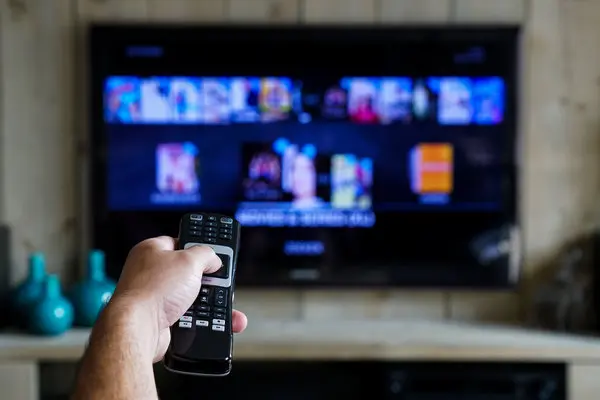
We might have seen many people shifting from TV to online streaming channels. Whether we share a password or sign up with our debit card, we still want streaming services more than a TV.
But why really?
- Algorithm-Driven Recommendations: Effects
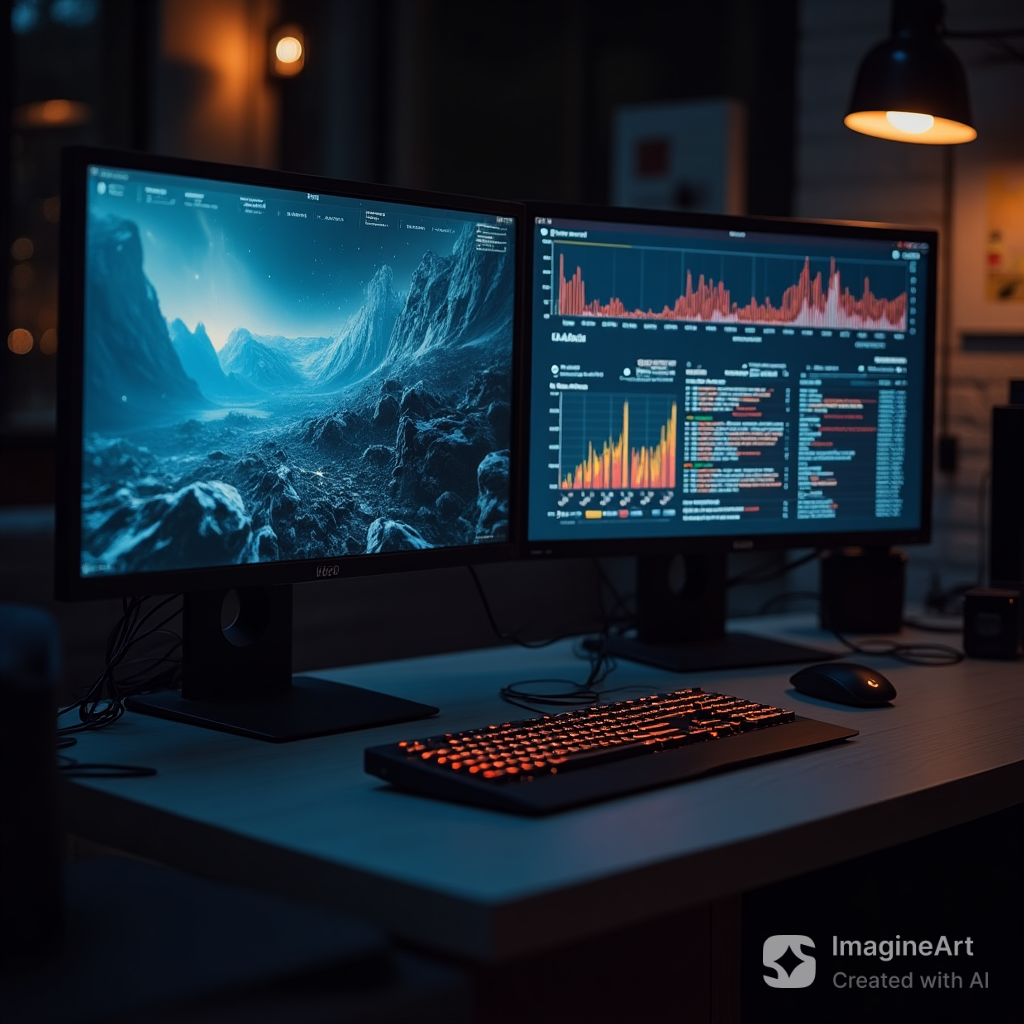
Are Streaming Algorithms Limiting What We Watch?
Netflix and Prime are examples of streaming services that make show recommendations based on your viewing history.
That sounds helpful, doesn’t it?
The problem is that these algorithms have the power to keep you in a bubble by repeatedly displaying the same content.
For example, if you mostly watch crime dramas, chances are you will rarely see a good documentary or a foreign film pop up.
In the past, we learned new things by perusing DVDs at a store or changing TV channels. The majority of what we see now is what the algorithm believes we will like.
So, are we just watching what is shown to us, or are we choosing what to watch?
- Impact of Streaming on Traditional TV and Media

Streaming is more convenient than cable because of smart TVs and built-in apps. People prefer on-demand shows, and the quality of TV has also reduced in some cases. Then we can also see the difference between the TV shows and the ones on the online platform.
It is also helping independent artists to finally get their calling and showcase their work as well.
So, is this the end of the old media or the start of a more flexible and open entertainment business? Maybe not. But yes, Gen Z does prefer streaming services more as it is easy to access, and they can pause or watch it on the go. What else do you want?
- Changes in Film Production

Services like Netflix, Hulu, Apple TV+, Amazon Prime, and other streaming services are investing heavily in their films and television series. Considering this, filmmakers will have more opportunities, and we will be able to watch more types of content.
Additionally, more different voices are also supported by streaming services. They frequently take chances on facts that large studios might pass up. As an outcome, there are now more stories from many different cultures and communities.
Have you recently noticed that the shows you watch have more diverse or unique stories?
The Future Of Streaming Services
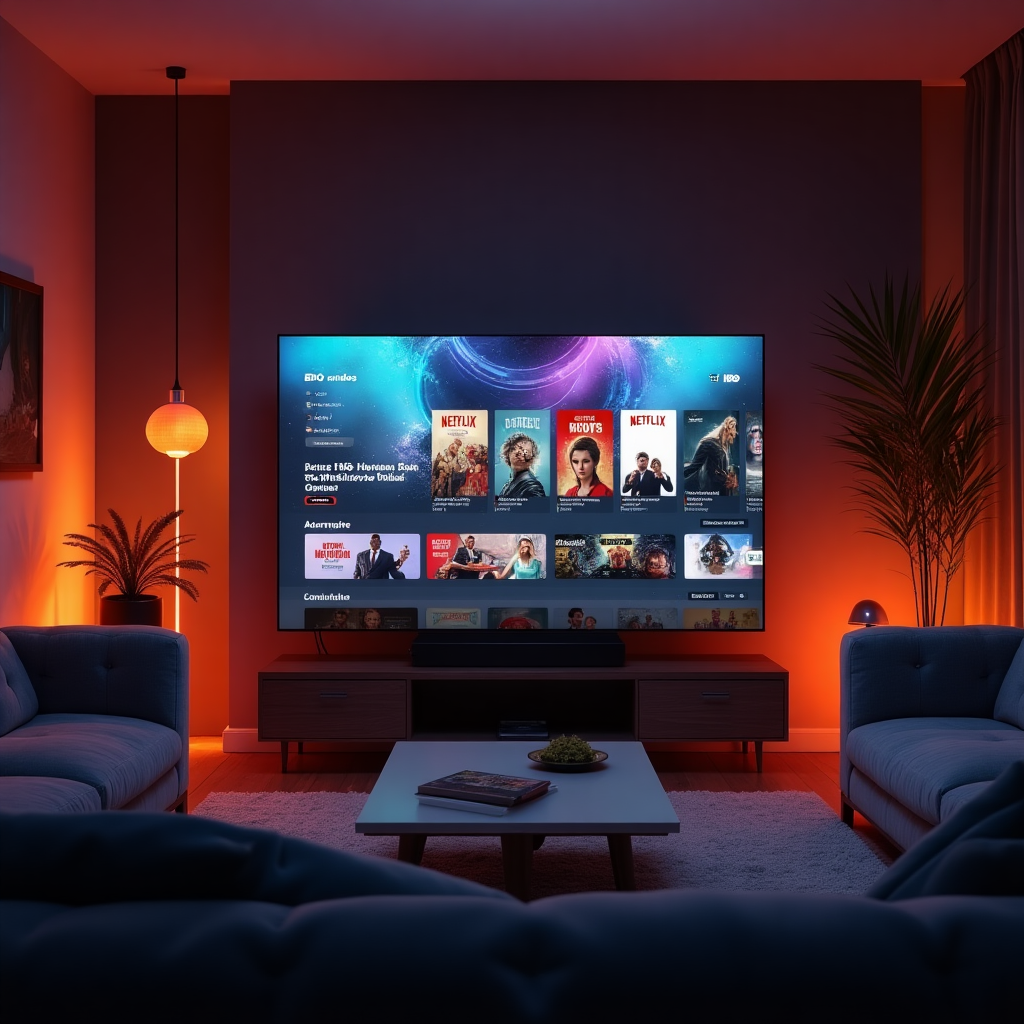
While streaming continues to change the way we consume information, it does not inevitably mean the demise of traditional television. Instead, we’re seeing a trend toward hybrid models that combine the best of both worlds.
Platforms such as Peacock (by NBC), Disney+ with its ESPN and Hulu bundle, and JioTV in India are examples of the changing landscape. These services blend live television, on-demand shows, and exclusive material to provide a more flexible and personalized viewing experience.
To remain relevant, established networks must innovate, either by creating high-quality original content, as HBO did with Game of Thrones, or by forming strategic alliances to broaden their digital reach.
As streaming platforms invest more in global content and varied perspectives, we can expect to see a wider diversity of stories, cultures, and creators in the spotlight. This could lead to more inclusive tales and increased representation on television.
In summary, the future of streaming is about adaptation, diversity, and hybrid innovation, not replacing television, but altering it to match current demands.
Conclusion
The world of entertainment has seen significant shifts as a result of streaming services.🎬 Streaming services have significantly changed how we consume entertainment as well as how it is created and communicated. Streaming appears to have a bright future.
We will see more changes in the entertainment sector as streaming services continue to gain popularity.
How do you feel about binge-watching and how it affects our viewing habits? Is it something that we need to worry about because it’s addictive?

